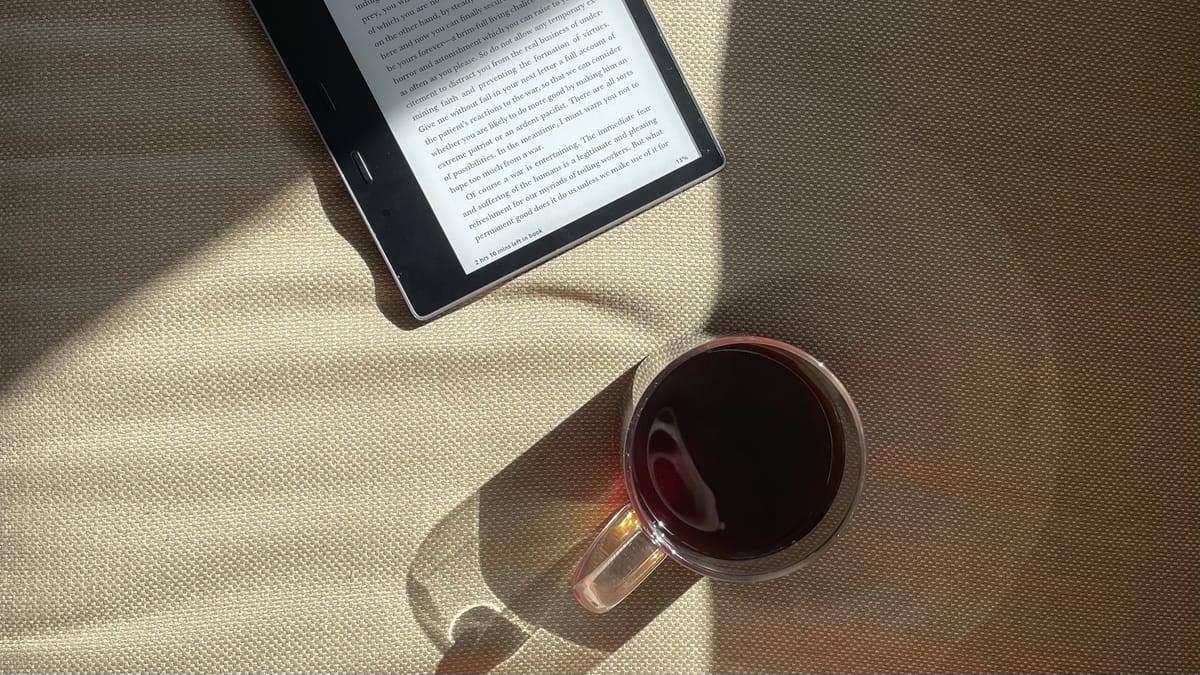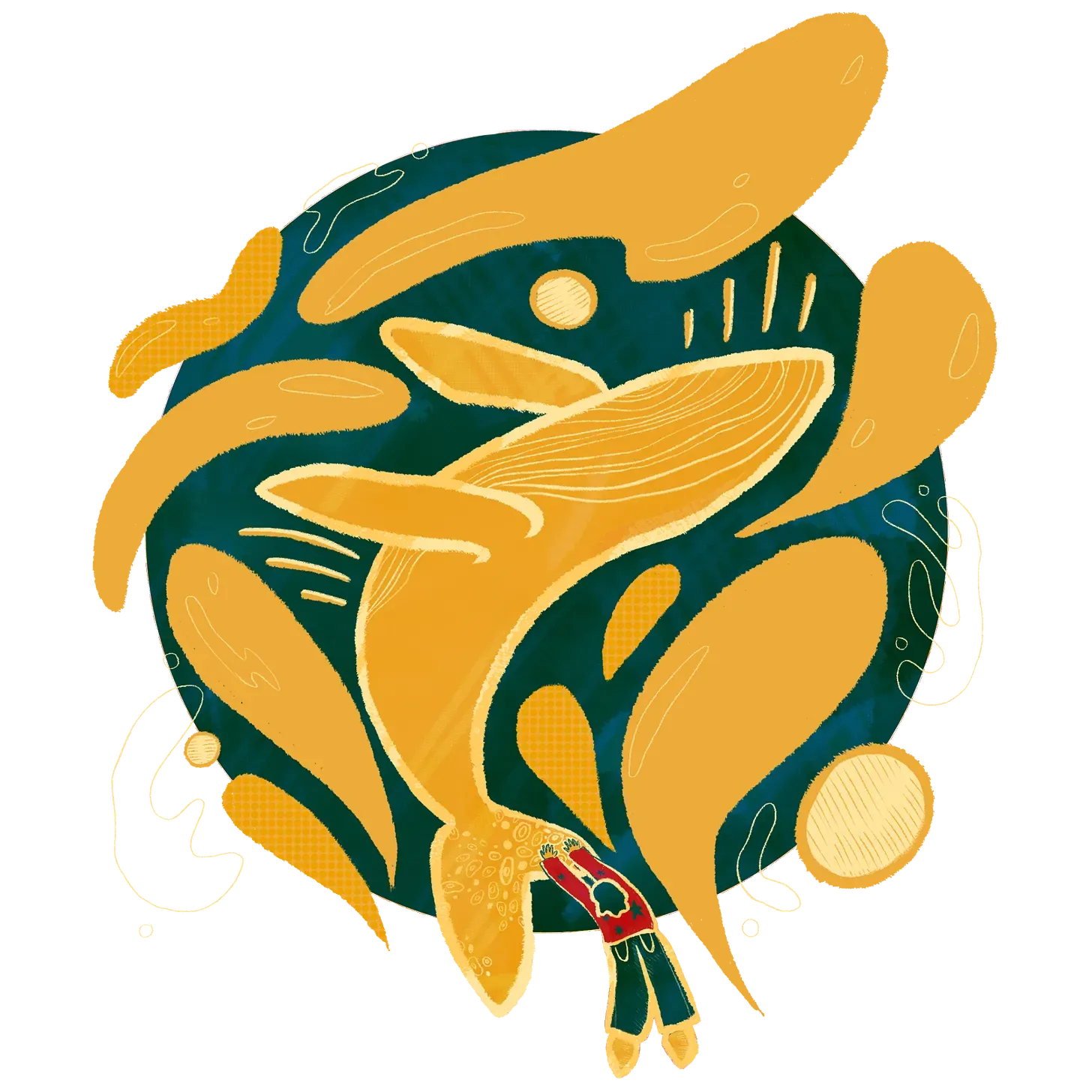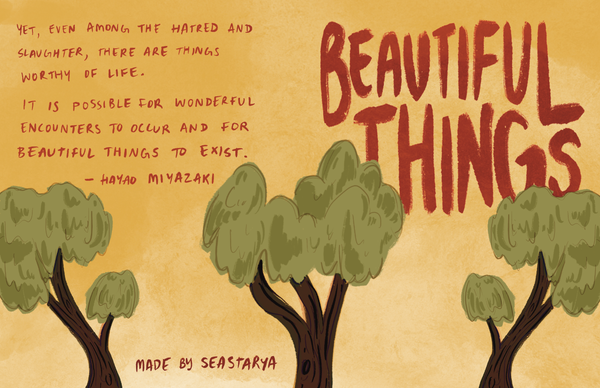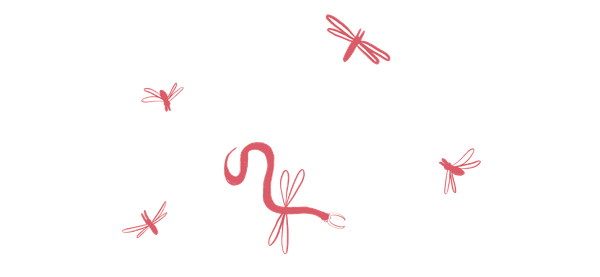how I plan to read 52 books this year
& why I'm still setting possibly unachievable goals in 2022

I think the last time I read anywhere near 52 books in a year, I was in sixth grade and the numbers were brought about by serial re-reading of fantasy books written for young kids (think: The Magic Tree House series, for one). For a while (both in those moments as a child and as I grew older), I over time convinced myself that revisiting those kinds of stories was a “lesser” way of meeting the reading challenges I’d set out for myself. I wasn’t reading new material; therefore, I wasn’t learning anything I could take forward.
So came years of setting (ridiculous) number-of-books-by-end-of-year goals for myself—in which I would never accomplish the task, mostly because I’d pile up my to-be-reads with books that were popular or books considered “classics,” both cases being ones in which I felt obligation over everything. I’d still end up re-reading my childhood favorites every once in a while to kickstart when my pace slowed, but I’d tell myself that they don’t count because it wasn’t “productive.” This nasty cycle of productive-izing myself out of enjoying reading grew to be its strongest through college, when I felt like I didn’t have any real bookends to when work began and finished. On days that I did have time in between, I often found myself struggling to reach the activation energy of grabbing a book over scrolling social media.
An aside, Sabrina from Answer in Progress outlines many of these feelings and more in this delightful video about why past voracious readers may have stopped reading as adults (and how to get started again). Something especially of note: the observation that reading books inherently forces slowing down, which gives plenty to think about when it comes to picking where to start learning different kinds of things.
Enter mid-2021, when I moved to a different city with:
- A used indie bookstore within walking distance
- A bunch of unread science-related books that had followed me between apartments for years
- Ready access to the wondrous childhood library my mom and I built together as I graduated from reading picture books to YA novels and more
- One e-reader and plenty of renewed interest in using free library apps
In the following six-ish months, I breezed through 35 books. A lot of them were re-reads, a chunk of them were very young-adult, and I enjoyed the heck out of reading them all. A lot of the times, I was just happy to be reading again even if the story itself may not have been the best I’d read.
I found that when I segmented my literary-classics-and-nonfiction reading with purely narrative, fully escape-oriented stories, I could more meaningfully engage with books that more explicitly tried to share lessons or information. I wormed through books-for-the-sake-of-everyday-stories in the same way I consume Netflix miniseries with feverish intent. And honestly, if we’re still trying to tie this back to the lofty value past me placed on learning new things from books, I can definitely say I learned what kinds of “trashy” stories keep my attention versus not (the Trashy Novel is a subtle art, I stand by it).
Somewhat-related supplemental reading: a while back, writer Malavika Kannan shared this fantastic essay about the lack of internet hype around enjoyable, relatable coming-of-age novels focused on women of color—despite there existing plenty of novels of this kind (a favorite line: “I love reading about sad white girls, but will sad white girls ever love reading about me?”).
Now: back to my 52-books-in-a-year goal for 2022. It’s a big objective averaging at a book a week, especially after not being hugely in practice of sustained reading beyond the intense sprints of the previous year, but I’m optimistic. The idea is to keep the high end-number so that I trick myself into reading more short, lighthearted, fun books along with the knowledge-packed stories I’ve been shelving away for my long-term library. I’m trying to stick to these principles:
- Build a core syllabus, but leave room for random-interest books. This year, I want to expand my read-list of fiction books by authors of color—great places I’m starting for recommendations include Brown Girl Bookshelf, Cafe Con Libros, and Sistah Scifi.
- Don’t finish stuff that doesn’t feel worth finishing. I’m very guilty of forcing myself to finish books that don’t interest me in the slightest (whether it’s in the narrative area or even purely informative, applicable sense).
- For stuff that may not feel worth finishing but seems capital-I Important for some reason … break-taking and second chances are very okay. If I don’t finish a book yet the thought of it continues living in my head for weeks after, I’m learning to give myself room to reconsider why I stopped reading it. (Which very well may have been for good reason, but cautious second chances feel worthwhile with books.)
- Re-reading the faves is GOOD AND OKAY! I like when I get to learn new facts and grow as a thinker (or whatever), but I’m trying to work on embracing that inherent slow-down with reading (and enjoying each moment along with the actual book-completion).
The best part? The stakes are literally so low. If I ultimately just don’t even get close to finishing this challenge, it’s totally fine! Yes, I have my Goodreads goal set to 52; yes, it’s satisfying to watch the progress bar tick upward over time; yes, I fully do expect myself to flip-flop and impose random unnecessary stress on myself over this arbitrary number at some point during the year. But, worst case, I reassess, reset my goal, read eight Magic Tree House books just to up my count, whatever. It’s freeing and fantastic to set growth goals and work on giving myself room to adjust them as time reveals more about what my needs are at any given time. I’m still learning how to do that, but books feel like a pretty good place to practice.
On an entirely unrelated note (but a sort of follow-up to what I was reading and thinking about last week), here’s a Twitter thread of scientists sharing some delightful adaptations boasted by organisms within the category “fish”:
Hey, fish twitter....What are your favorite intriguing, unusual or completely crazy adaptations found in fishes? You know, the ones that elicit..."They do WHAT?"
— Dr. Jacqueline Webb (@JacquelineFWebb) 1:48 PM ∙ Mar 27, 2022



